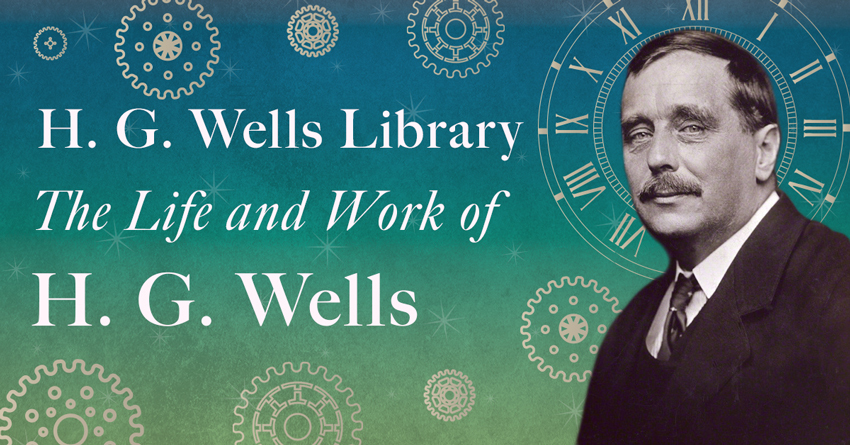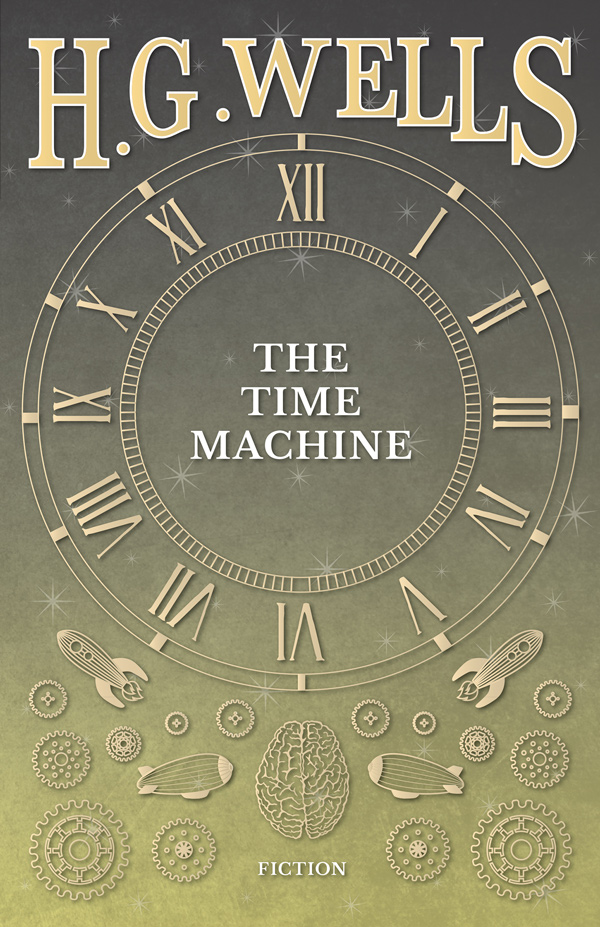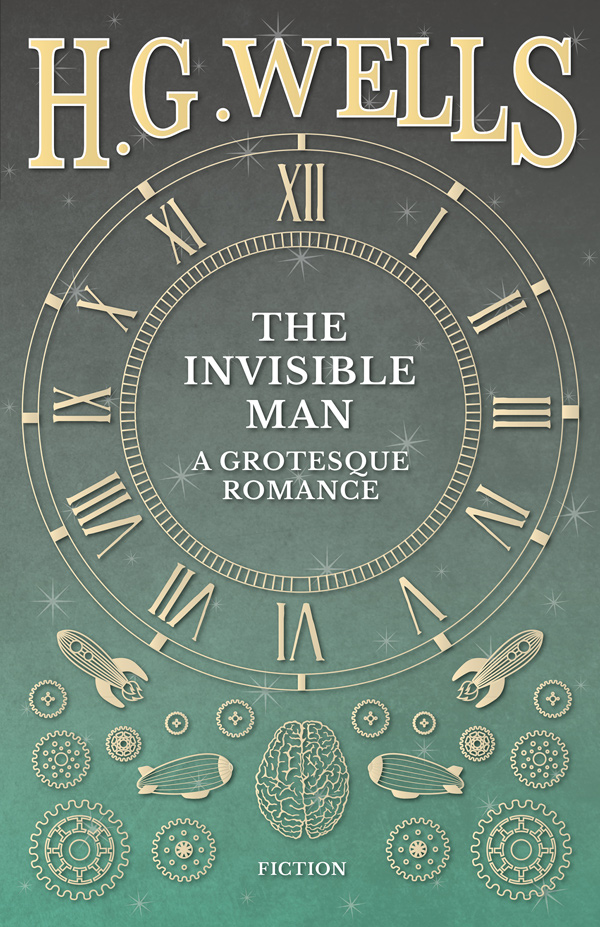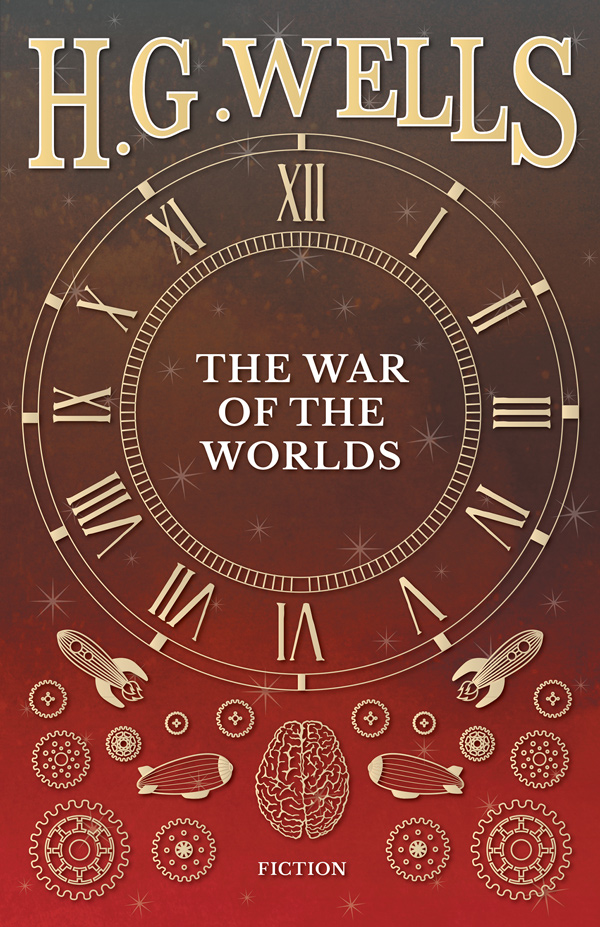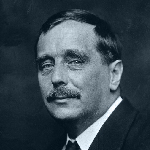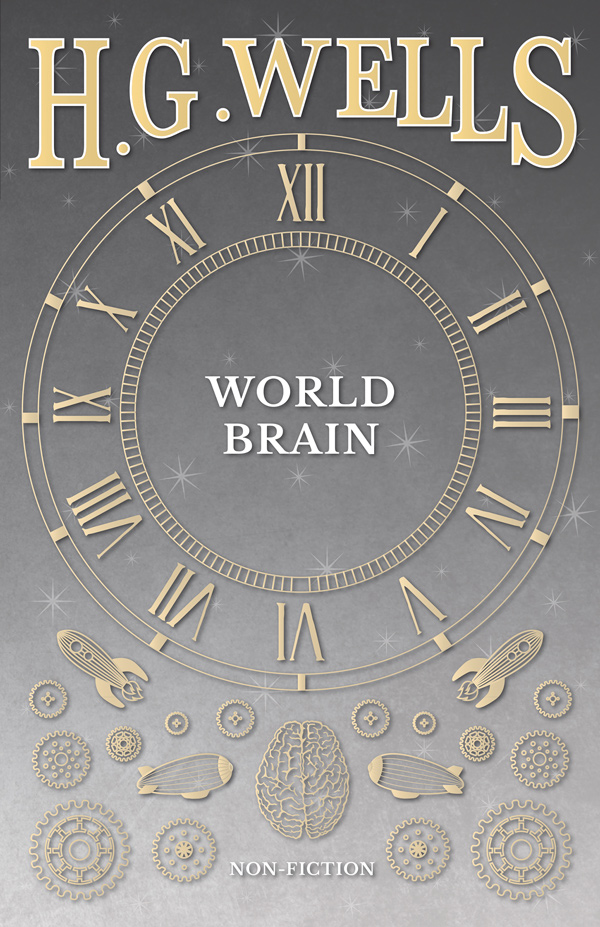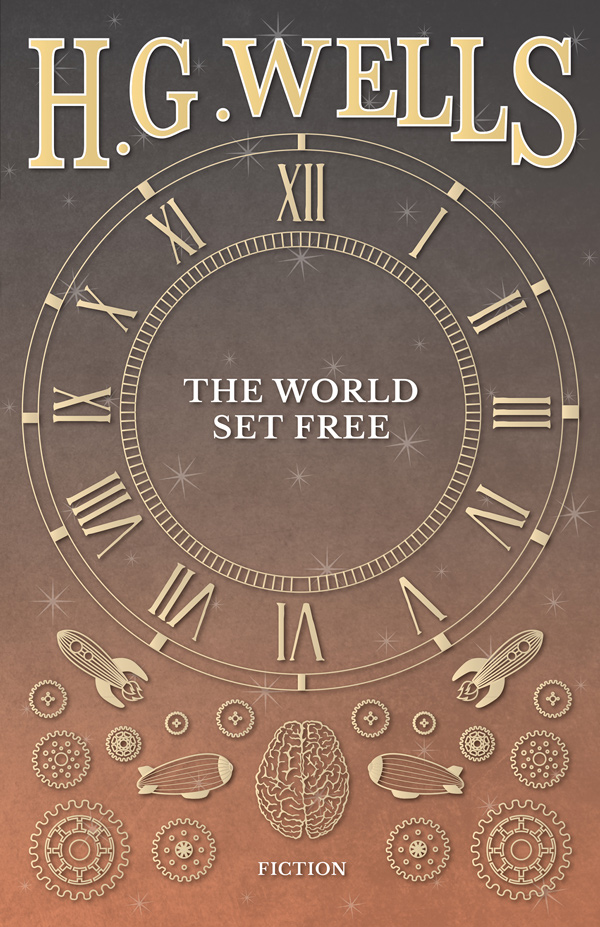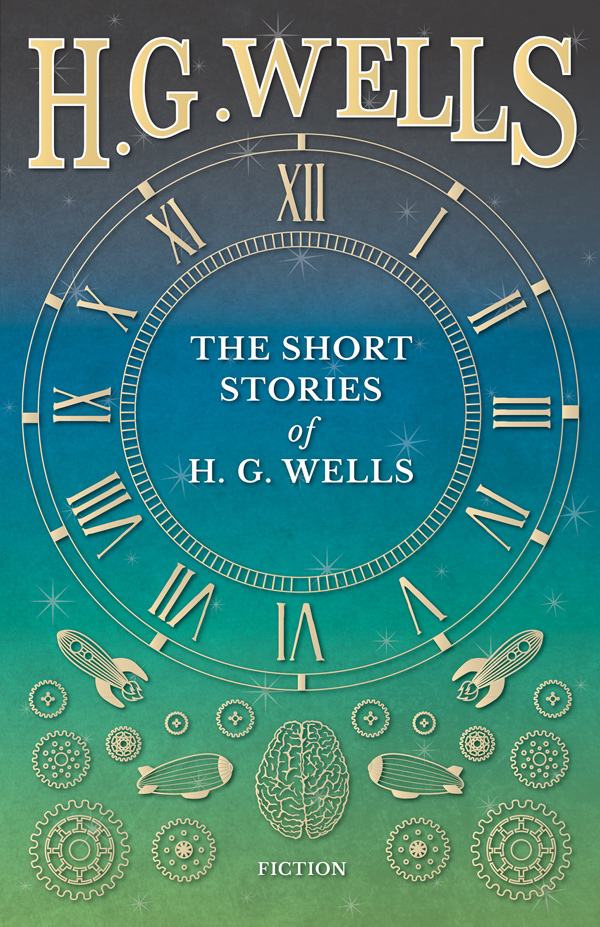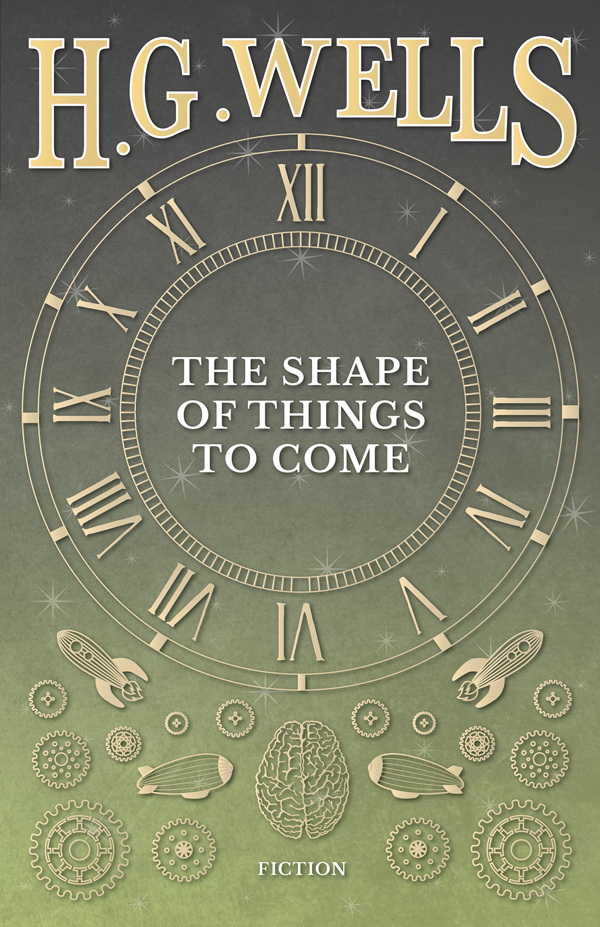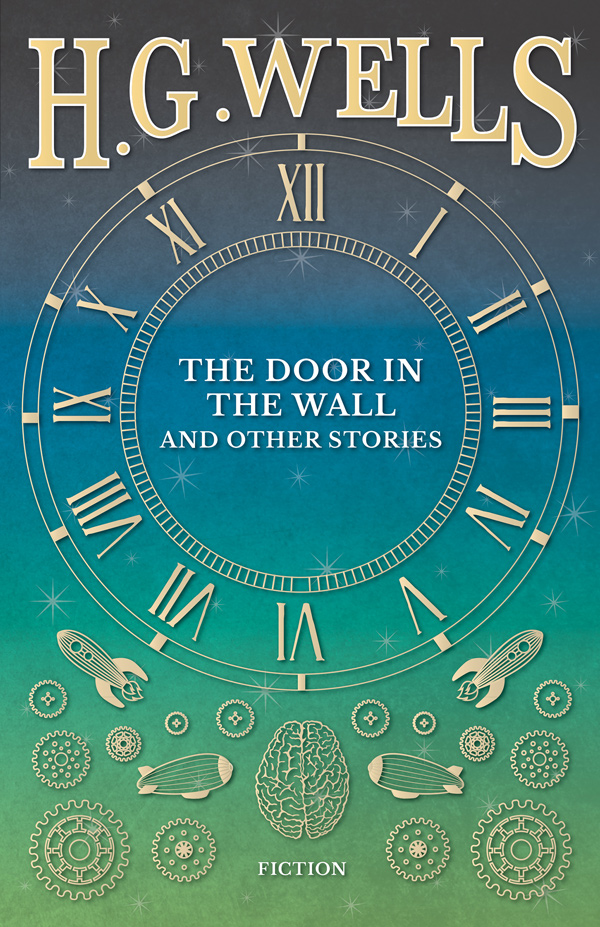Not only was H. G. Wells an iconic writer of science fiction, but he was also a great political mind, active socialist, and comic novel author. To celebrate his birthday, we’ve had a look at his life and work.
The Life and Work of H. G. Wells
Herbert George Wells was born in Kent, England in 1886. He wrote dozens of novels, short stories, and works of social commentary over his lifetime. His first major essay on science, The Rediscovery of the Unique, appeared in 1891. However, it was in 1895 that Wells seriously established himself as a writer with the publication of the iconic novel, The Time Machine, the first of 6 scientific romances that he would go onto write. ‘Scientific Romance‘, is a term that originated in the 1850s to describe both fiction and elements of scientific writing – now known as science fiction.
He followed The Time Machine with the equally well-received The War of The Worlds in 1898. It was highly popular upon publication, and it is now considered a landmark work of science fiction.
Alongside being a prolific science fiction author, H. G. Wells was an active socialist. As one of the foremost public intellectuals of his day, he joined the Fabian Society in 1904. Shortly after, he penned his book A Modern Utopia, that presented a vision of an ideal socialist society on another planet, founded on reason and comparison. Much like his science fiction, Wells used his political standpoint to offer his predictions for the future and believed that only an elite group of enlightened scientists and technicians could save humanity. As he became older and closer to the end of his life, his pessimistic views are more prominent in his later works that are mainly discussions of social and political themes.
After dedicating nearly half a decade of his life to writing, H. G. Wells died on the 13th of August, 1946, aged 79. At the time of his death, he was remembered as an author, historian, and champion of social and political ideals. Today, he is best known as ‘The Father of Science Fiction’, thanks to his extensive and groundbreaking work that helped shape a whole literary genre.
Where to Start with H. G. Wells
His first and most prolific piece of science fiction, The Time Machine, was widely considered responsible for the concept of time travel in fiction. Profoundly influencing popular culture, it was also in this novel that the term “time machine” was coined by H. G. Wells himself. The scientific novella has been adapted into feature films, television shows, and many comic book adaptations.
The Invisible Man – A Grotesque Romance
Published in 1897, The Invisible Man helped secure H. G. Wells with the title of the ‘father of science fiction‘. Said to have been inspired by Plato’s Republic, Wells’ sci-fi novel is a cautionary tale of how science can get out of control and do more harm than good. Recently released as a terrifying cinema blockbuster earlier in the year, the protagonist, Griffin, has become an iconic character in horror fiction due to his enthusiast of random and irreversible violence.
The Invisible Man – A Grotesque Romance by H. G. Wells
The story revolves around Griffin, a scientist who has managed to unearth the long-coveted secrets of invisibility. However, its discovery takes its toll on the scientist, who consequently develops a form of psychosis. The frustration of his failed attempts to regain visibility leads him to embark upon a reign of terror that will make him master of the world.
First serialised in 1897 by Pearson’s Magazine, The War of The Worlds is one of the earliest stories to detail a conflict between humanity, and an extraterrestrial race. It is one of the most commented on in the science fiction genre. Both popular and influential since its release, it has gone on to inspire countless adaptations across the media. Most memorable was the dramatisation in a 1938 radio broadcast that allegedly caused mass panic among listeners in the United States who didn’t know that the alien invasion was a form of fiction.
Most of H. G. Wells’ career rested on his status as a public intellectual. In his quest for global education, he wrote an essay for the Encyclopédie Française in 1937 that explored the notion that all the world’s knowledge and ‘the whole human memory’ would exist in a permanent encyclopedia. This article would later go on to be published in his book World Brain. Much like many of his predictions, a version of his idea – Wikipedia – exists today.

